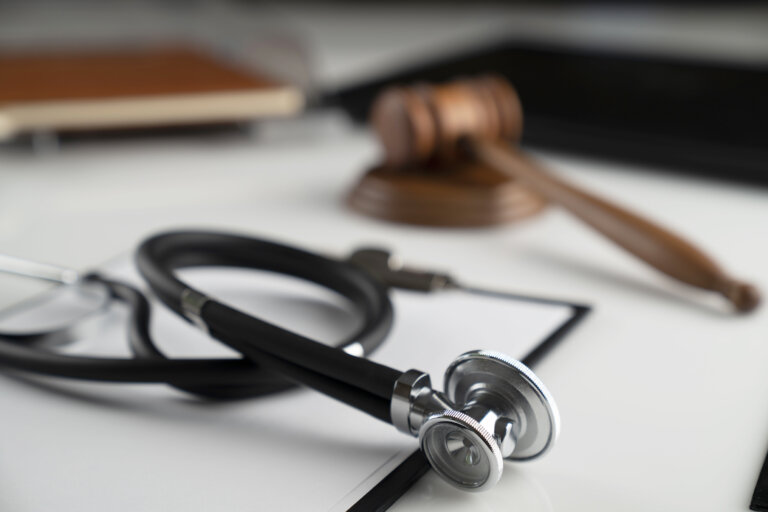If you’ve been injured by a medical provider, you may be entitled to financial compensation by filing a medical malpractice case. However, to succeed in a medical malpractice lawsuit, you must have strong evidence. In fact, the quality of the evidence you provide can directly affect the amount of compensation you receive. In this article, we discuss different types of evidence in a medical malpractice case.
Medical Records
Medical records are the most important type of evidence in a medical malpractice lawsuit. All patient medical records are protected from unauthorized release pursuant to the Health Insurance Portability and Accountability Act. However, as a patient, you have the right to obtain copies of your medical records and to give your attorney the authority to secure these records for you. Common medical records in a medical malpractice case include prescription records, medication administration records, doctors’ and nurses’ notes, lab reports, diagnostic information, discharge papers, and treatment plans.
Expert Testimony
A thorough understanding of medical terminology, medical standards of care, and medical malpractice laws are necessary to explain the significance of the evidence you submit to the court. Fortunately, as a plaintiff, you don’t have to personally possess this knowledge. Instead, if your case doesn’t settle early, your attorney will likely hire one or more medical experts to interpret your medical records and other evidence for the court. An expert witness in a medical malpractice case can testify about several topics, including the care you received, your healthcare provider’s failure to meet the applicable standard of care, and the injuries you obtained as a result. Expert witnesses often rely on medical journals and medical articles to demonstrate the type of care injured defendants should have received. In addition, such literature can also be helpful to your attorney while preparing your case and cross-examining defense witnesses.
Additional Important Evidence
In addition to the above, there are several other important types of evidence that you may require for your case. For example, you should keep detailed records of each healthcare provider with whom you interact during the court of treatment, including the names of doctors, nurses, technicians, administrators, and others. In addition, you should write down the details you can recall about each conversation you have with these individuals. You should also record the dates of these conversations and the dates of all appointments or hospital stays.
Contact a Long Island Medical Malpractice Attorney
If you have been injured as a result of medical malpractice in the state of New York, you should contact an experienced medical malpractice lawyer as soon as possible. At Dell & Dean, PLLC, our experienced lawyers will aggressively litigate your case and do everything possible to ensure that you are compensated for your losses. Please contact us today to schedule an initial consultation with one of our experienced medical malpractice attorneys.

